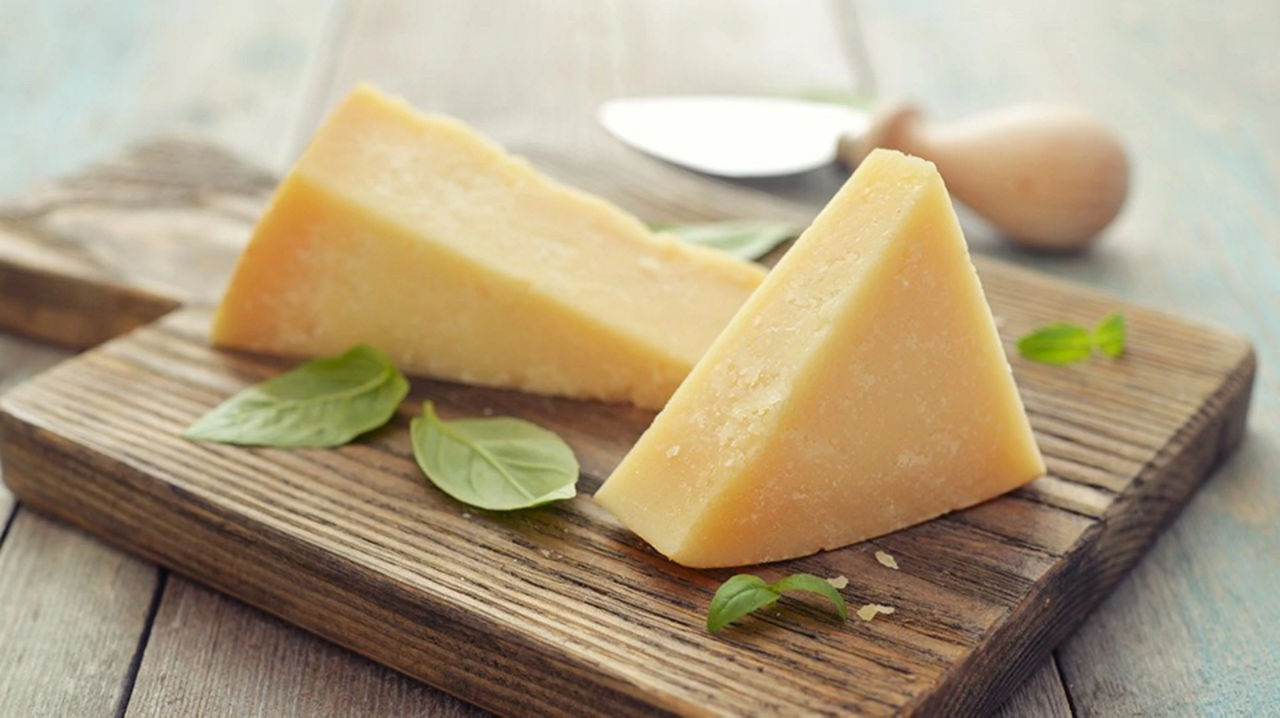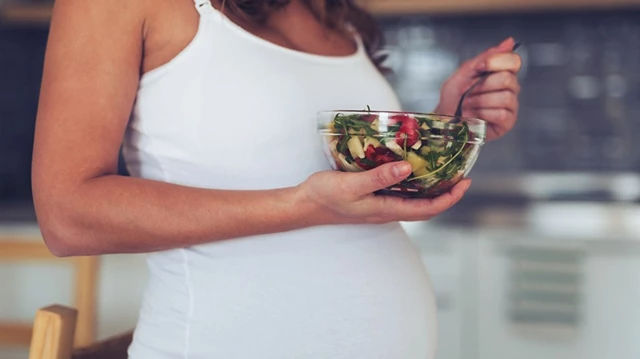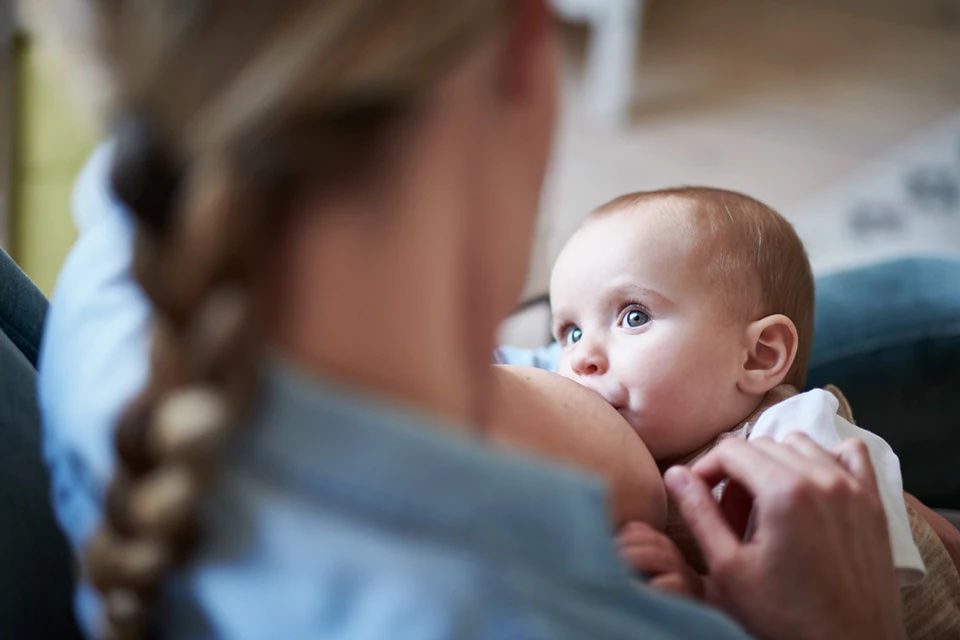There is a lot going on, inside and out, for your baby when you’re 30 weeks pregnant. Tiny toenails are beginning to appear and their nerve fibres are growing rapidly to allow brain impulses to travel faster. This cognitive development is supported by iron, so it is important that your diet contains enough.
30 weeks pregnant
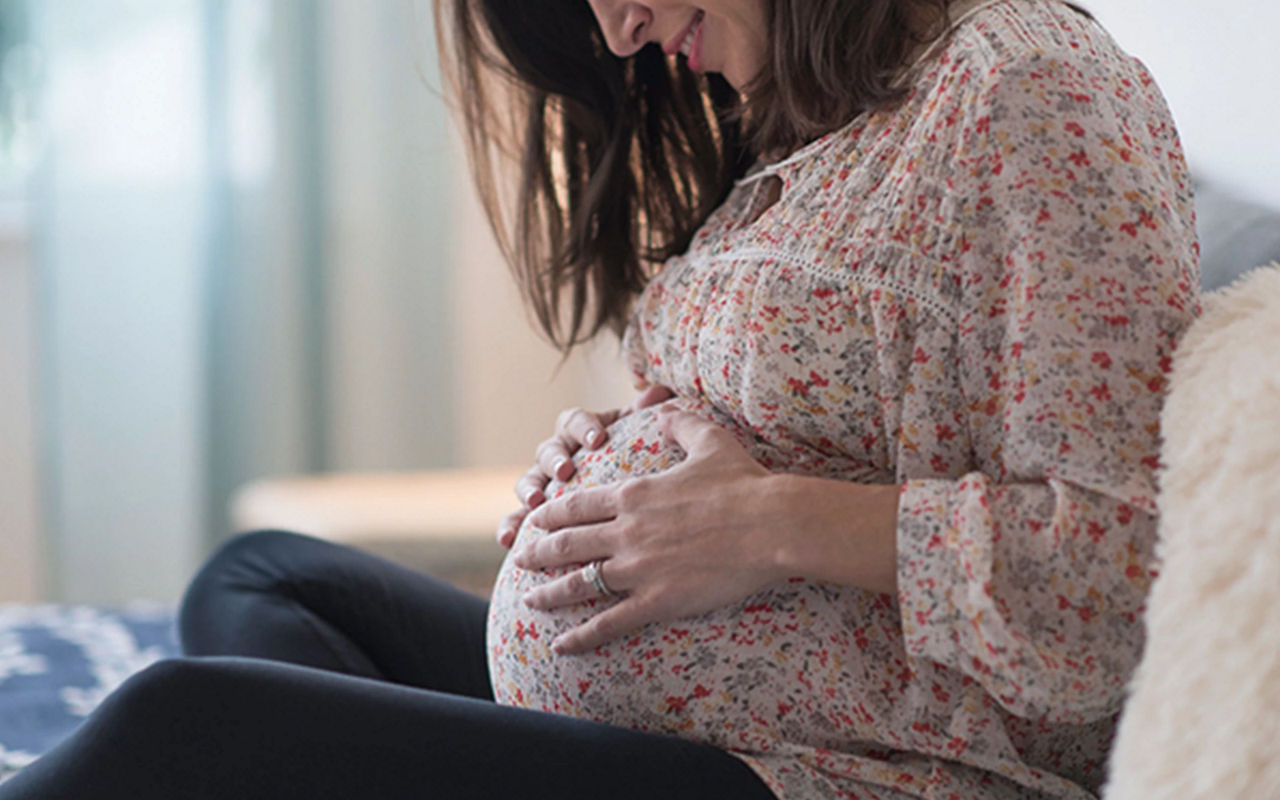
Explore pregnancy stages week by week
Food for thought
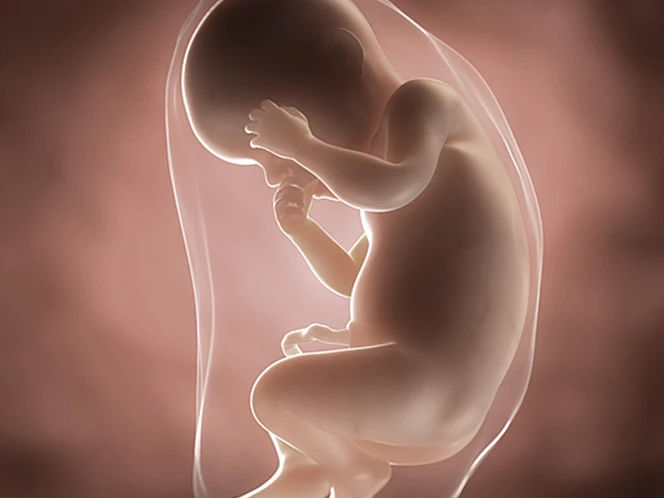 Your baby's development at 30 weeks
Your baby's development at 30 weeks
Time to turn in week 30
In week 30 of your pregnancy, your baby measures around 27cm from head to bottom and weighs somewhere in the region of 3lbs. Their brain and lungs continue to mature, while on the outside, tiny toenails begin to grow1.
It’s around now that the white, greasy vernix and the soft, fine hair known as lanugo start to disappear2 – a sign that your baby has enough fat under their skin to keep them warm.
Many babies assume the head-down position at this time1 in preparation for their journey into the outside world. Don’t worry if your midwife detects that your baby hasn’t turned yet – there’s still plenty of time.
…Many babies will have turned to the head-down position that is considered ready for labour.
Keep thinking about iron?
Iron is a key nutrient throughout pregnancy. It carries oxygen around your body in your blood cells, passing it to your baby through the placenta, and plays a significant role in your baby’s cognitive development3.
For this reason, it is important to eat plenty of iron-rich foods throughout pregnancy, such as meat, oily fish and eggs. Plant-based sources include bread and iron fortified breakfast cereals; dark green, leafy vegetables like watercress, curly kale and broccoli; dried fruit such as figs and apricots; and pulses4.
Most pregnant women can maintain adequate iron levels in the blood from diet alone. But you may be prescribed a supplement if your iron levels become low5.
It is worth remembering that some foods inhibit iron uptake while others improve it. Vitamin C aids iron uptake from plant sources, so it is a good idea to drink a glass of vitamin C-rich fruit juice or eat a piece of fruit at mealtimes6. Calcium can have the opposite effect, as can the tannins found in tea and coffee. This doesn’t mean you should avoid them. You should be able to get the iron you need from a well-balanced diet.
…it is a good idea to drink a glass of fruit juice or eat a piece of fruit with a high vitamin C content at mealtimes to aid iron absorption.
Next Steps
Make sure you get enough of the following iron-containing foods4:
- Lean meat and oily fish such as sardines
- Dark green vegetables like broccoli, watercress and curly kale
- Nuts, especially cashew nuts
- Pulses, chickpeas, beans and lentils
- Wholegrains, including wholemeal bread, and iron-fortified breakfast cereals
- Dried fruit like apricots, prunes and raisins
- Eggs
related articles
Read More

Get in touch with our Careline experts
Our nutritionists and feeding advisors are always on hand to talk about feeding your baby. So if you have a question, just get in touch
- Deans A. Your New Pregnancy Bible, The experts’ guide to pregnancy and early parenthood. 4th ed. London: Carroll & Brown Publishers Limited, 2013. p.45.
- NHS UK. You and your baby at 29-32 weeks pregnant [Online]. 2015. Available at: www.nhs.uk/Conditions/pregnancy-and-baby/pages/pregnancy-weeks-29-30-31-32.aspx [Accessed August 2016].
- Commission Regulation (EU) No 957/2010 of 22 October 2010 on the authorisation and refusal of authorisation of certain health claims made on foods and referring to the reduction of disease risk and to children’s development and health. OJ L 279, 23.10.2010, pp.13–17.
- Gandy J (Ed). Manual of Dietetic Practice, 5th Edition. Wiley Blackwell. UK. 2014 p.927.
- NHS UK. Vitamins, supplements and nutrition in pregnancy [Online]. 2015. Available at: www.nhs.uk/Conditions/pregnancy-and-baby/pages/vitamins-minerals-supplements-pregnant.aspx[Accessed August 2016].
- Zijp IM, Korver O, Tijburg LB. Effect of tea and other dietary factors on iron absorption. Crit Rev Food Sci Nutr 2000;40(5):371-98.
Last reviewed: 11th June 2019
Reviewed by Nutricia’s Medical and Scientific Affairs Team


